Self-regulation directly impacts children’s success in all areas of development. As an occupational therapist, I often work with children who demonstrate disinterest in academic tasks, struggle with attention and focus, and have difficulty managing the world around them. These children might have intense emotions and undesirable behaviors and are often misunderstood. Conversely, some children might appear withdrawn, quiet, and uninvolved. All these children struggle with self-regulation.
What is Self-Regulation?
We often think of self-regulation as impulse control, emotional control, self-management, or self-efficacy. Self-regulation is coping and managing sensory information, emotions, thoughts, and behaviors to produce acceptable, positive, and socially appropriate responses.
Moreover;
“Self-regulation is learning to regulate one’s own physical, emotional, and cognitive processes in healthy, proactive ways to be successful across several domains of life.” (B. Chapin, Self-Regulation Training, 2021)
Furthermore;
“Self-regulation is the ability to do what needs to be done to be optimal for the given situation. This includes regulating one’s sensory needs, emotions, and impulses to meet the demands of the environment, reach one’s goals, and behave in a socially appropriate way.” (The Zones of Regulation, 2019).
Lastly;
“Self-regualtion refers to healthy, adaptive, and appropriate responses to internal and external events.” (B. Chapin, Self-Regulation Training, 2021
As we dive into the phenomenon of self-regulation, we quickly determine that self-regulation does not only relate to children. All of us are continually regulating ourselves by facing everyday challenges. When we encounter a difficult situation, we become less balanced and learn to control and organize our responses.
Effective Self-Regulation
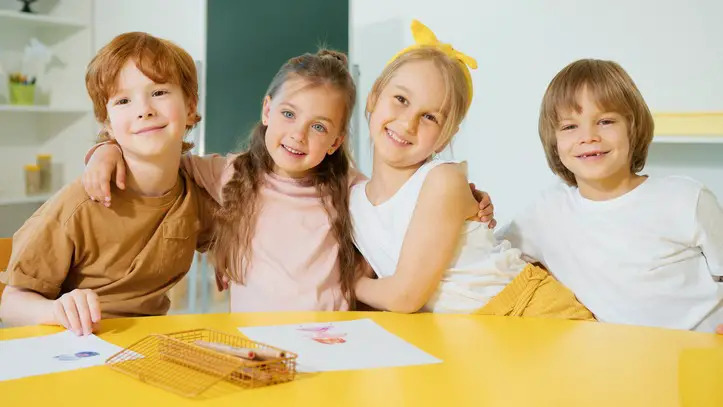
Children who present good self-regulation are generally happy, calm, and collected. They plan and organize. They pay attention in class and exceed in learning and academic performance. Regulated kids make friends quickly and maintain positive social relationships. They listen, take turns, and share. They adjust appropriately to unexpected situations; they calm down quickly and handle frustration without outbursts. Regulated children have a much larger window of emotional flexibility and self-control. They know “right” from “wrong” and display proper judgment skills.
Dysregulation
Conversely, dysregulated peers struggle with what seems easy and natural to their regulated classmates. They have challenges initiating and completing schoolwork. They might need extended time to complete assignments and often need to remember to do homework; when they complete it, they forget to turn it in. They have difficulty staying focused or sitting still. These kids might be disruptive and impulsive in class; they blur out answers and need help waiting their turn.
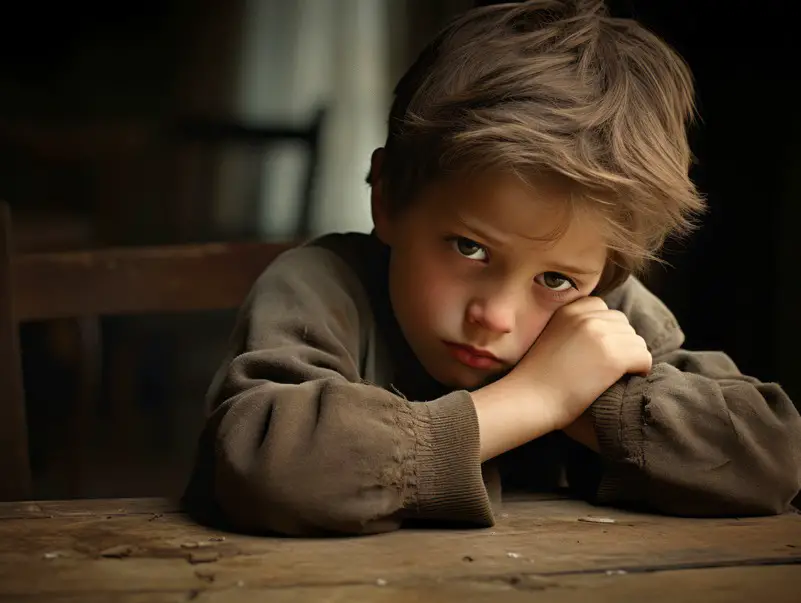
Dysregulated kids are easily frustrated; they have difficulty thinking clearly and rationally in challenging situations. These children become overwhelmed by the environment or overreact to minor changes; their window of stress tolerance is small. They lose things, they blame others, and they avoid tasks. They do not adhere to rules, demonstrate maladaptive behaviors, and disturb classroom harmony.
Children who struggle with self-regulation might be impatient, rigid, and argumentative. They might shut down or withdraw. It is difficult for them to act appropriately in social situations; they do not make friends easily, and it might be challenging to maintain friendships when they do.
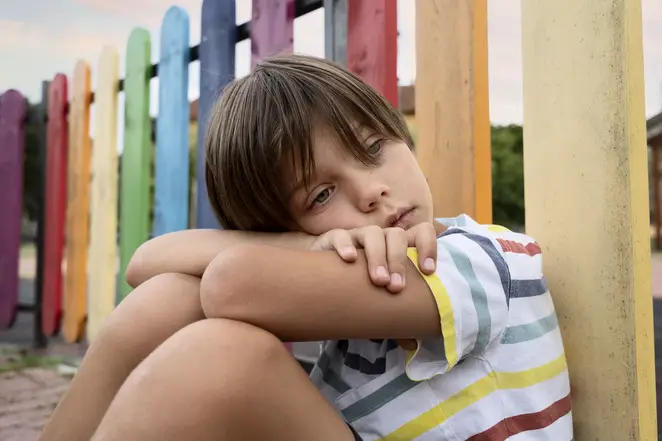
It takes a tremendous amount of energy to navigate a way through a highly demanding school day. These children often operate from a place of internal chaos, fear, and survival. They might shut down, become distracted, or act aggressively.
“Children will do well if they can. It is our job as responsible adults to help others navigate and remove barriers in their lives.” (Green & Ablon, 2006)
Many Children and Adults Struggle with Self-Regulation
As a pediatric occupational therapist, I work with children with many types of neurodevelopmental disorders (i.e., ADHD, Autism Spectrum Disorders, Cerebral Palsy, and Intellectual and Learning Disabilities). Regardless of their type of disability, many of the children demonstrate challenges in self-regulation.
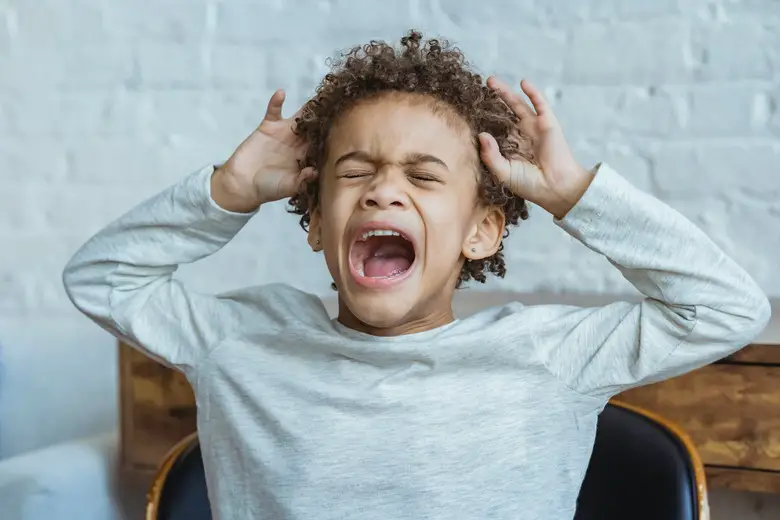
Furthermore, children with special needs are not the only ones who need to learn self-regulation skills. In fact, through my twenty-plus years of working in schools, there is a tremendous need to teach our children self-regulation skills. Educating children on facing everyday challenges and managing themselves in uncomfortable or threatening situations opens the door to success.
Hopefully, as adults, we have developed a healthy and acceptable way of coping with demanding life expectations and unpredictable, challenging spins. While some manage overwhelming frustrations and pressures better than others, we control our impulses and rely on our internal strategies to help us in difficult situations. Although, there might be times we struggle and regret our actions when we are dysregulated.
Need for Self-Regulation Education
Generally, our society places intense value on teaching children concrete academic skills. We teach children how to write and read. We teach them math and science. Yet, if a child does not behave well, we often provide consequences for misbehaving.
Self-regulation is an essential set of skills for success and happiness. Investing in teaching children self-regulation skills is a fundamental way to promote and influence academic success and reduce problem behaviors in the classroom.
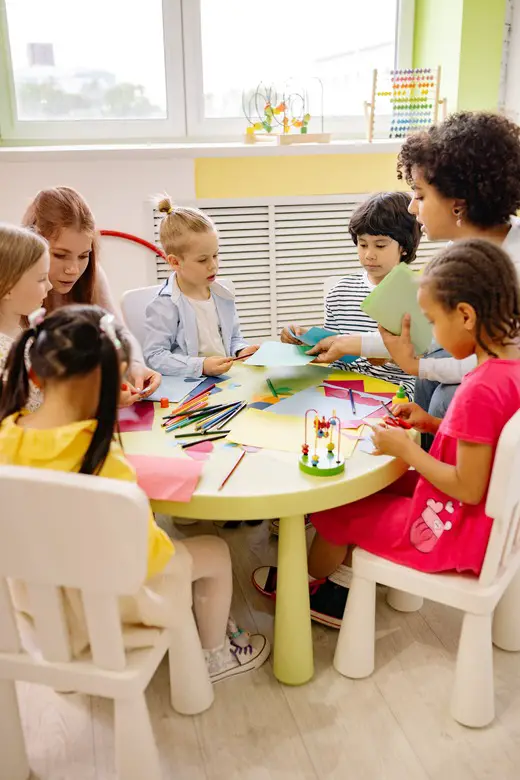
Additionally, many general education teachers lack an understanding of self-regulation and do not have the skills to coach healthy behavioral skills. We cannot assume children have learned how to regulate their behaviors properly.
Often, we spend time and energy in unproductive places. We engage in power struggles, personally perceive students’ negative behaviors, and provide punitive consequences. We react instead of responding. Instead, we must provide safety, connection, support, kindness, and acceptance for the student to cope with the lack of regulatory ability.
Conclusion
Teaching self-regulation is a foundational aspect of child development that might often be overlooked. Self-regulation skills have been shown to improve academic performance, positive social interaction, physical health, and emotional wellness and directly impact a child’s success.
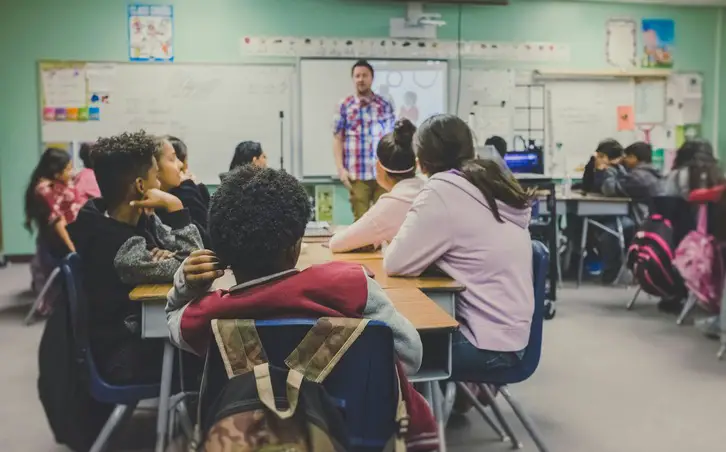
Thus, let’s help children gain control of their lives by offering guidance and support as they learn to manage their emotions and actions. It’s a gradual journey that requires patience and consistency but significantly benefits a child’s development and future success.
How do we help dysregulated children learn and succeed? Stay tuned for part 2 to explore valuable tips and strategies.
If you liked this article, please share it with a friend.


0 Comments